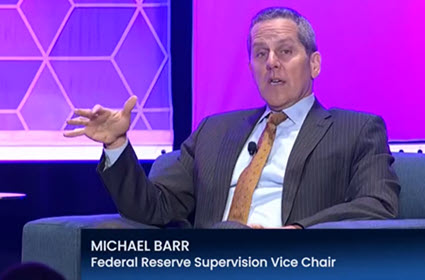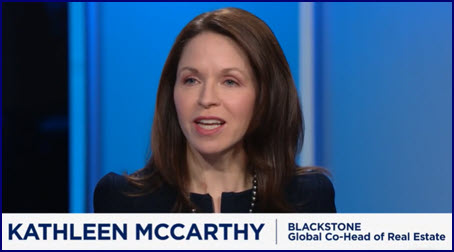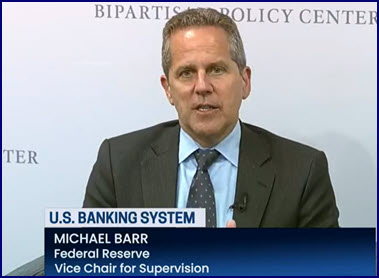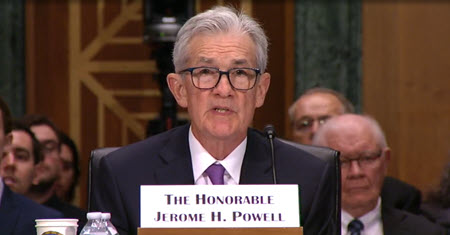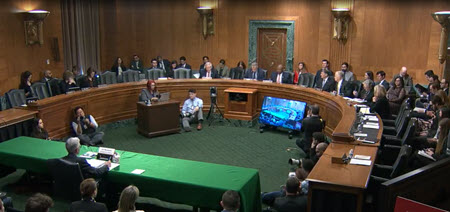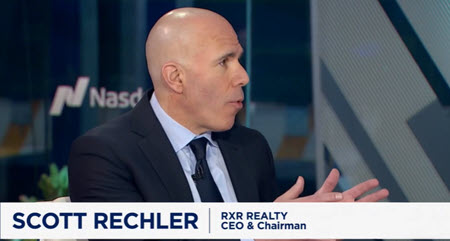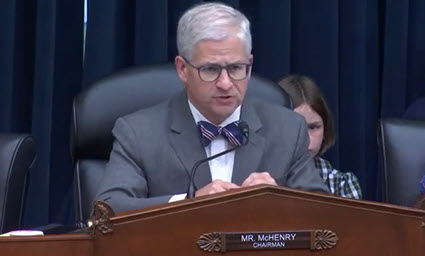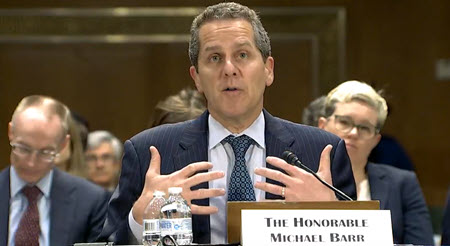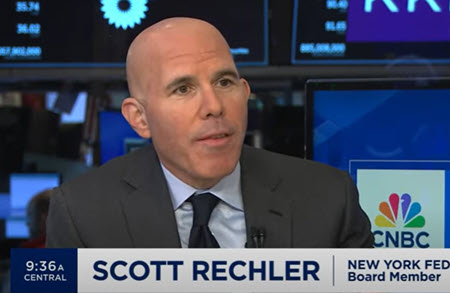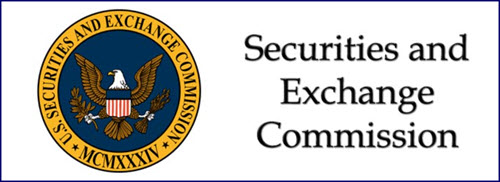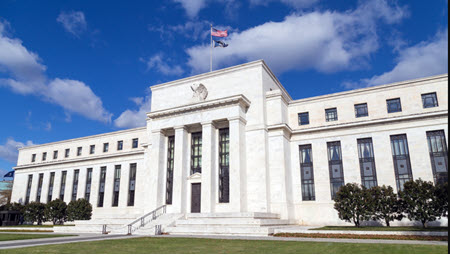
Proposed regulations that would dramatically hike capital requirements for the nation’s largest banks may undergo significant changes, which could include a 50 percent reduction in the current mandated increase, according to sources cited by The Wall Street Journal on May 19.
Proposed Capital Requirements
- Top officials from the Fed are working with regulators from the Federal Deposit Insurance Corp. (FDIC) and the Office of the Comptroller of the Currency (OCC) on “negotiating substantive and technical revisions” to the current proposal, known as the “Basel III Endgame.” (WSJ, May 19)
- The Real Estate Roundtable strongly opposes the current proposal, which would hike capital requirements by approximately 19 percent for banks with at least $100 billion in assets. (Roundtable Weekly, March 29)
- Barclay estimates the proposal, if approved without changes, would require eight U.S. global systemically important banks to hold approximately $150 billion more in capital. (WSJ, May 23)
Roundtable Response
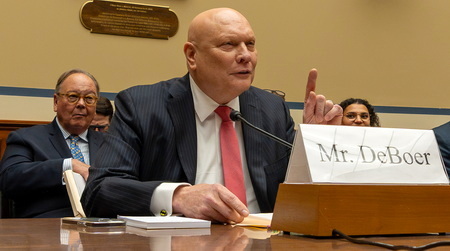
- Roundtable President and CEO Jeffrey DeBoer testified this month before a House subcommittee on the health of CRE markets and offered Roundtable policy recommendations, which included rejection of the Basel III Endgame—along with other pro-cyclical regulatory measures that would restrict credit and capital formation. (Roundtable Weekly, May 3 | DeBoer’s oral statement and written testimony)
- Additionally, a Jan. 12 Roundtable letter and Jan. 16 industry coalition letter urged federal banking regulators to withdraw the proposed rule, emphasizing its potential negative impact on available credit capacity for commercial real estate transactions, market liquidity, and economic growth. (Roundtable Weekly, Jan. 19)
Policymakers Signal Adjustments
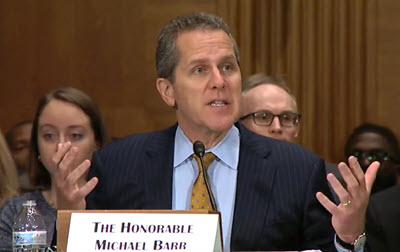
- The proposal has been met by internal disagreement and concerns among the seven-member Fed Board. (Roundtable Weekly, March 29)
- Michael Barr, the Fed’s Vice Chair for Supervision, said in a May 20 speech that the central bank is exploring “targeted adjustments” to bank liquidity rules, including Basel III. In March, Fed Chairman Jerome Powell testified before congressional committees that he expects regulators to “make broad and material changes” to the Basel III proposal. (PoliticoPro, May 20 and Roundtable Weekly, March 8)
- Barr also testified last week before a House Financial Services Committee hearing on May 15 about risks to the banking system. Committee Vice Chairman French Hill (R-AK) questioned Barr and regulators from the FDIC and OCC on the Basel III proposal, stating that the agencies should withdraw and re-propose Basel III. (Video of the exchange on X | Barr testimony)
The Roundtable’s all-member Annual Meeting on June 20-21 in Washington, DC will address Basel III Endgame and other capital and credit issues impacting CRE.
# # #

